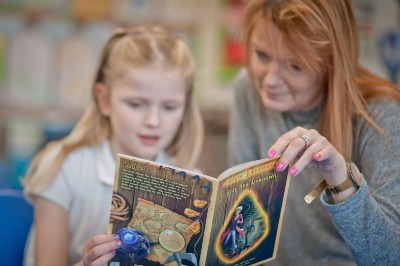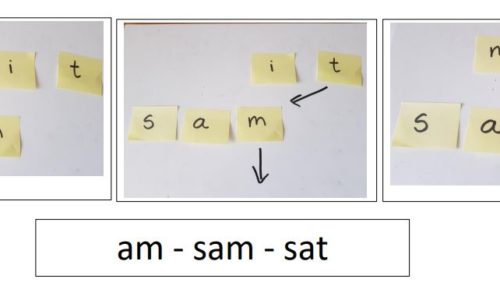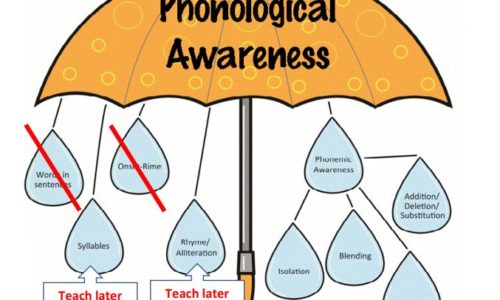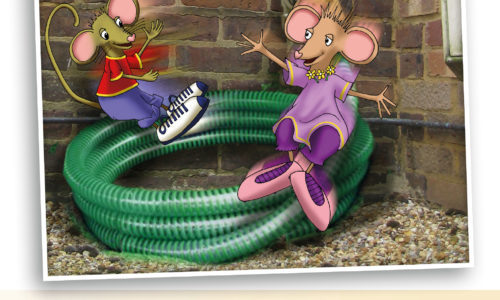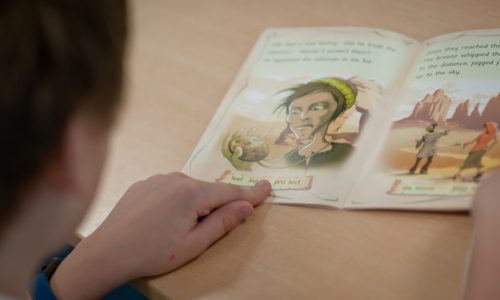
When I trained to be a teacher in one of the best universities in London, I learned a great deal about the wonderful world of books, how to select quality picture books and spot racially biased books, and even how to make books by stitching them together by hand. We made book covers using potato […]
Read More

